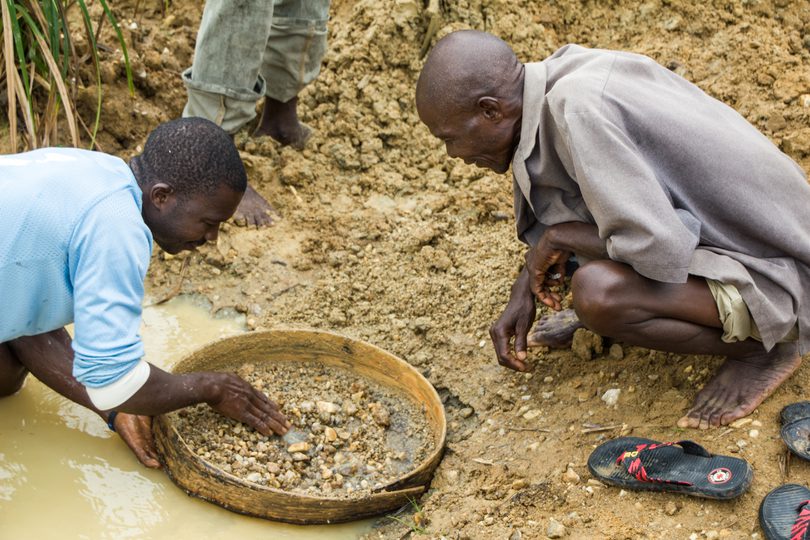
“Diamonds are a rebel’s best friend” is one striking way to sum up the belief that valuable minerals spur violent conflict. The Kimberley Process Certification Scheme and the US Dodd Frank Act Section 1502, now on the chopping block under the Trump administration, are meant to counteract this: they aim to prevent trade in minerals unless it can be proven that revenues from these do not support armed groups.
Research however, suggests that the relationship between minerals and violent conflict may be more complex than this quote presumes. Valuable minerals may indeed fund or motivate rebel movements. But they may also provide a livelihood to millions of people, making them better off and less vulnerable to be recruited into armed groups. And revenue from minerals can also flows to countries’ governments and their armies.
In this lecture Dr Anouk S. Rigterink, Postdoctoral Research Fellow at the Blavatnik School of Government and the Oxford Centre for the Analysis of Resource Rich Economies, will address the contradictory faces of ‘conflict minerals’ and their implications for how effective we think current policies to tackle them can be.
Join in with twitter using hashtag #natureconflict
About the speaker
Dr Anouk S. Rigterink is a Postdoctoral Research Fellow at the Blavatnik School of Government and the Oxford Centre for the Analysis of Natural Resource Rich Economies (OxCarre). She holds a PhD from the London School of Economics and Political Science.
Anouk investigates the political economy of violent conflict. Specifically, she researchers whether and how natural resources (especially diamonds) are related to violent conflict, the impact of media in conflict-affected situations, and individual and group behaviour in violent conflict, including the impact of drone strikes on the internal organisations of terrorist groups in Pakistan.